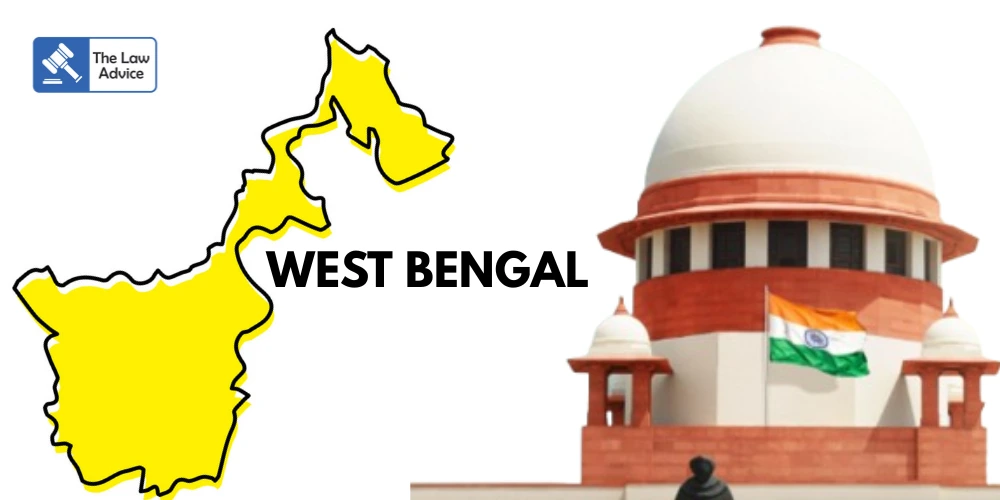New Delhi/Kolkata | July 24, 2025
The West Bengal government has moved the Supreme Court of India, contesting the Calcutta High Court’s interim stay on its recently notified OBC list, which was aimed at restoring reservations for 140 communities, including a significant number of Muslim groups.
This legal tug-of-war over caste categorisation and executive power has added a new dimension to the ongoing debate about who qualifies as “backward” in modern India, and how much autonomy states have in defining that.
Background: What Triggered the Legal Row
On June 17, 2025, a division bench of the Calcutta High Court, comprising Justices Rajasekhar Mantha and Tapabrata Chakraborty, stayed the effect of a June 3 government notification. That notification had introduced a revised OBC list under the West Bengal Backward Classes (Other than Scheduled Castes and Scheduled Tribes) (Reservation of Vacancies in Services and Posts) Act, 1993.
The HC observed that several entries in the list were similar to communities struck down earlier by the court in 2024, and questioned the methodology and urgency with which the new list had been prepared.
State Government’s Stand
In its Special Leave Petition filed before the Supreme Court, the West Bengal government has argued that:
• The new list was framed based on a structured socio-economic survey conducted by a judicial commission.
• The process followed was compliant with constitutional norms and the Supreme Court’s own guidelines, especially in the landmark Indra Sawhney (Mandal Commission) case.
• The HC’s stay is stalling OBC certificate issuance, thereby affecting college admissions, scholarships, and government job appointments.
The state insists the classification was not religion-based, pointing out that around 60 of the 140 groups are Hindu communities.
The Political Undercurrent
While the Mamata Banerjee-led government maintains that the revised list reflects social and economic backwardness, the move has attracted criticism from opposition parties, particularly the BJP and CPI(M). Critics allege that the list disproportionately favors Muslim communities—a charge the government denies.
The High Court had also hinted that the decision may have been taken in “hot haste” without the necessary legislative backing, reviving concerns about executive overreach.
Why It Matters
• Over 5 lakh OBC certificates are pending issuance due to the stay.
• Recruitment in public sector jobs and educational admissions relying on 17% OBC reservation has been disrupted.
• The case now raises a constitutional question: Can a state government independently decide who qualifies as OBC purely through executive action, or must it go through legislative channels?
